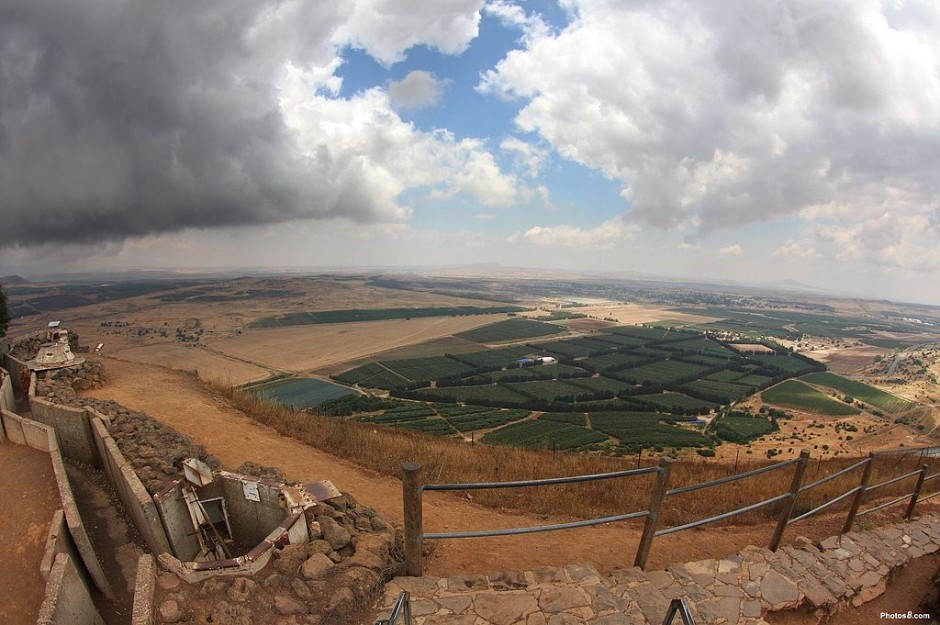Current efforts by the United States and Russia to achieve a “cessation of hostilities” in Syria’s five-year-old civil war hang by a thread.
Periodic clashes are still breaking out.
Two of the major combatants, Islamic State and the Al-Nusra Front, have been excluded from the partial ceasefire and presumably will keep on fighting.
The uncertainty is heightened by the fact that Hezbollah and Iran, both allies of Syrian President Bashar al-Assad, are committed to a policy of confrontation with Israel. As a result, Syria will be torn by conflict, even if the truce holds. Syria will thus be a source of instability in the Middle East for the foreseeable future.

Israeli Prime Minister Benjamin Netanyahu put the problem into perspective on February 28. Welcoming the prospect of a long-term ceasefire, he issued a warning that underscores the potential for volatility in Syria, a failed state.
Israel, Netanyahu said, will not permit Hezbollah to transfer “game-changing” Iranian or Russian weapons from Syria to its bases in Lebanon. Nor will Israel allow Hezbollah and Iran to establish a military beachhead on the Syrian side of the Golan Heights.
As he put it in remarks during his weekly cabinet meeting, “Any agreement in Syria must include a halt to Iran’s aggression toward Israel from Syrian territory. We will not agree to the supply of advanced weaponry to Hezbollah from Syria and Lebanon. We will not agree to the creation of a second terror front on the Golan Heights.”
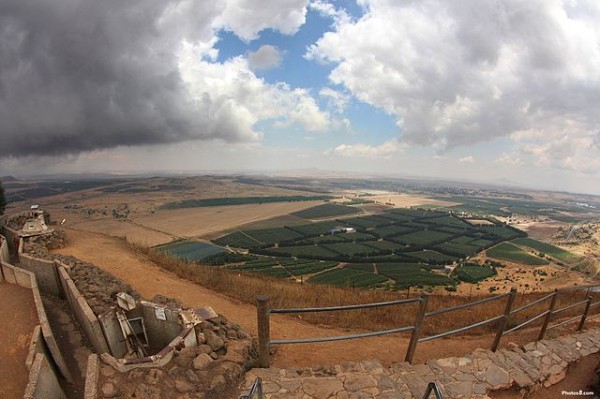
He added, “These are the red lines that we have set, and they remain the red lines of the State of Israel.”
In implementing this policy, Israel has periodically bombed Hezbollah arms convoys and attacked Hezbollah and Iranian operatives.
A year ago in January, Israeli helicopter gunships killed six Hezbollah fighters and one Iranian army general on the Golan. Among the casualties was Jihad Mughniyeh, the son of Imad Mughniyeh, a senior Hezbollah commander who was assassinated in Damascus in 2008. By all accounts, Israel ordered the hit.
Last December, Israel reportedly carried out four air strikes on Hezbollah and Syrian positions in the Qalamoun mountains in Syria. Normally, Israel does not comment on, or take direct credit for, such raids, hoping to minimize the chances of Syrian and Hezbollah reprisals.
But in the wake of these strikes, Netanyahu was frank and transparent. “We operate in Syria from time to time to prevent it from turning into another front against us,” he disclosed. “We act, of course, to prevent the transfer of deadly weaponry from Syria to Lebanon.”
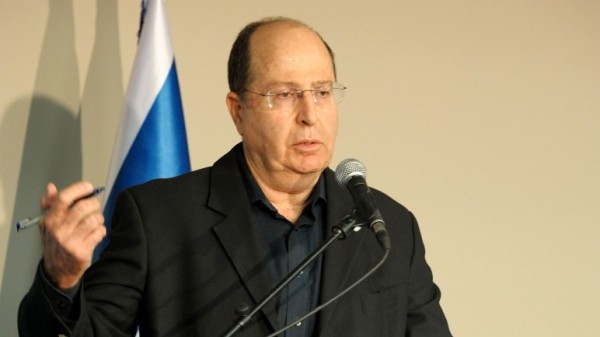
Netanyahu made these comments shortly after Israel and Russia –Syria’s main ally and chief weapons supplier — reached what Israeli Defence Minister Moshe Yaalon described as an “open communication” and coordination agreement to prevent accidental clashes over the skies of Syria.
To Israel, the accord was of paramount importance.
Since the end of last September, Russian aircraft have bombed rebel bases to prop up the Syrian regime, though it is unclear why the Syrian Air Force cannot carry out such raids itself. Before Russia’s bold intervention, Assad had been losing ground to rebel forces at an alarming rate, controlling only about 25 percent of Syrian territory.
These territorial losses prompted a senior Israeli Defence Ministry official, Amos Gilad, to say, “Syria has disappeared. Syria is dying. The funeral will be announced in due time. Bashar al-Assad will be remembered in the history books as the one who lost Syria.”
Russian President Vladimir Putin was so concerned by these setbacks that he decided to intervene directly in the war, a turn of events that took the United States by surprise.
Israel’s understanding with Russia proved useful late last December, when Israeli jets penetrated Syrian airspace and fired four missiles into the Damascus flat of Hezbollah operative Samir Kantar, killing him and an associate, Farhan al-Shaalan.
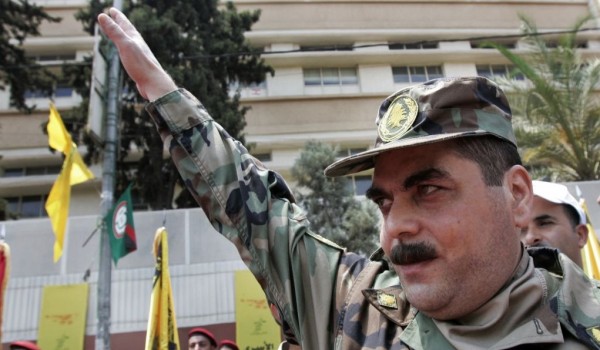
A Lebanese Druze, Kuntar murdered three Israelis in 1979 in the coastal town of Nahariya. Sentenced to three life terms, he was released in 2008 in exchange for the bodies of three Israeli soldiers who had been captured by Hezbollah in the 2006 war. Shortly after his release, Kuntar joined Hezbollah.
In the wake of Kuntar’s assassination, Hezbollah’s leader, Hassan Nasrallah, threatened vengeance. “The retaliation will inevitably come,” he said. “The Israelis are worried and they should be worried along the border and inside Israel … The Israelis are hiding like rats along the border.”
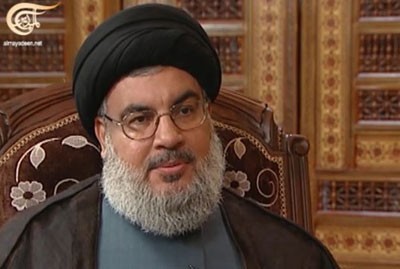
Two months ago, Hezbollah struck back, detonating an improvised explosive device near an Israeli army bulldozer and vehicle on the Golan, causing no injuries. Last month, Nasrallah issued another threat, claiming that Hezbollah would target ammonia storage tanks in Haifa in the event of another war with Israel.
In response, Israeli Environmental Minister Avi Gabbai announced that these facilities would be moved to a site in the Negev desert, and Israeli Chief of Staff General Gadi Eisenkot suggested that Hezbollah poses the most serious military threat to Israel. “Around the State of Israel,” he said, “Hezbollah is the organization with the most significant capabilities.”
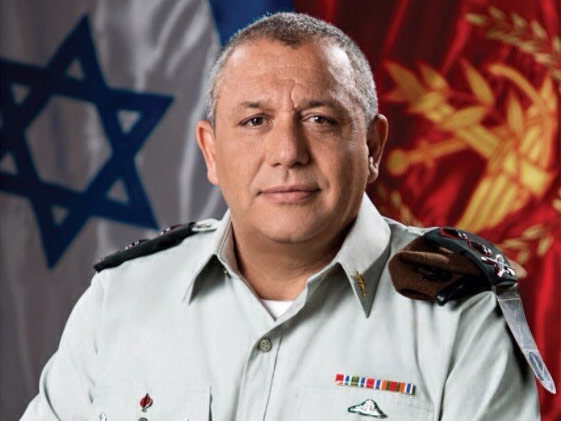
Hezbollah is certainly a far more dangerous adversary than the Yarmouk Martyrs Brigade, an Islamic State affiliate which has entrenched itself on the Syrian side of the Golan, only 15 kilometres from the Israeli border.
The brigade gained a measure of notoriety in 2013 when it kidnapped several United Nations peacekeepers on the Golan. But it appears to have no hostile designs on Israel. “We are only here to fight Assad,” one of its spokesmen told the Times of Israel recently. “We want nothing from Israel, and we want Israel to know this.”
Since the outbreak of the civil war in Syria, Israel has adopted a “hands-off” neutral policy. “We’re not getting involved in the Syrian war,” Yaalon said last year.
Beyond providing medical assistance to Syrian rebels who ask for it, he noted, Israel has no intention of entangling itself in that imbroglio.
But Israel will enforce two red lines, he asserted.
Israel will not tolerate any violation of its sovereignty, including accidental fire from Syria. Nor, as Netanyahu said a few days ago, will Israel allow Hezbollah weapon convoys to travel from Syria to Lebanon with impunity.
Amid this gloomy news, a glimmer of light flickers in the darkness.
Last week, John Kerry told the U.S. Congress that Iran has pulled out a “significant” proportion of its Revolutionary Guards Corps troops from the battlefields of Syria. The withdrawal was sanctioned by Iran’s supreme leader, Ayatollah Ali Khamenei, and Iranian President Hassan Rouhani.
One hundred and sixty Iranians apparently have been killed and 300 injured in support of the Syrian government. According to Israeli television station Channel 2, 700 Iranian military advisers will remain in Syria to render assistance to Assad.
Hezbollah has lost about 1,000 men in the course of the war, but its commitment to Syria seems undiminished.
With Hezbollah bogged down in Syria, Nasrallah claims he has no desire to engage in hostilities with Israel. This may be true now, but time will tell whether he’s really sincere.
Israel and Hezbollah still have outstanding accounts to settle.
